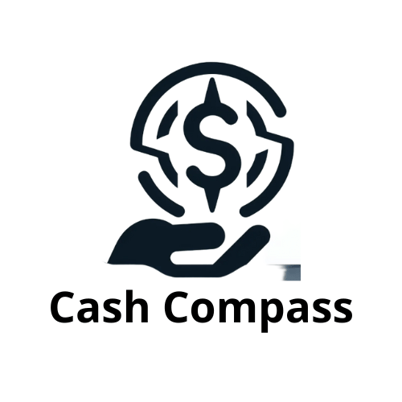Mastering Your Budget: A Comprehensive Guide to Financial Success
In today's complex financial landscape, creating a robust budget is more than just balancing numbers—it's about designing a roadmap to financial freedom. Whether you're an entrepreneur, a freelancer, or simply looking to take control of your personal finances, a well-crafted budget is your ultimate tool for financial empowerment.
PERSONAL FINANCIAL GROWTH
Moura, Leandro
3/26/20251 min read


Understanding Budgeting: More Than Just Numbers
Budgeting is a strategic financial planning process that goes beyond simple tracking of income and expenses. It's a powerful method of aligning your financial resources with your life goals, providing clarity, control, and confidence in your financial journey.
Types of Budgets in the Modern World
While the core principles remain similar, budgets vary across different contexts:
Personal Budgets: For individual financial management
Business Budgets: Strategic financial planning for companies
Project Budgets: Specific financial plans for individual initiatives
Startup Budgets: Tailored financial strategies for emerging businesses
Why Budgeting is Your Financial Superpower
Creating a budget isn't just about restriction—it's about empowerment. Here's why it matters:
Financial Clarity: Gain crystal-clear visibility into your spending patterns
Goal Achievement: Transform financial dreams into actionable plans
Stress Reduction: Eliminate financial uncertainty and anxiety
Strategic Decision Making: Make informed choices about investments and expenses
The Ultimate Budget Creation Roadmap
1. Define Your Financial North Star
Before diving into numbers, crystallize your financial objectives:
Short-term goals (6-12 months)
Mid-term goals (1-3 years)
Long-term aspirations (3-10 years)
2. Comprehensive Financial Snapshot
Gather all financial information:
Income streams (salary, freelance work, investments)
Fixed expenses (rent, utilities, subscriptions)
Variable expenses (groceries, entertainment)
Existing debts and financial obligations
3. Advanced Expense Categorization
Move beyond basic tracking with strategic categorization:
Essential Expenses (70% of budget)
Personal Development (10%)
Savings and Investments (15%)
Discretionary Spending (5%)
4. Smart Spending Limits
Implement a dynamic budgeting approach:
Use the 50/30/20 rule as a flexible starting point
Leverage budgeting apps for real-time tracking
Create buffer zones for unexpected expenses
5. Continuous Optimization
Treat your budget as a living document:
Monthly review and adjustment
Quarterly deep-dive analysis
Annual comprehensive financial health check
Pro-Level Budgeting Strategies
Digital Tools and Technologies
Utilize AI-powered budgeting apps
Implement automated savings transfers
Use blockchain-based expense tracking
Psychological Hacks for Budget Success
Gamify your savings
Celebrate financial milestones
Practice mindful spending
Warning Signs: When to Reassess Your Budget
Persistent overspending
Increased debt
Major life changes
Inconsistent income streams
Final Thoughts
Budgeting isn't about limitation—it's about liberation. By implementing these strategies, you're not just managing money; you're designing a lifestyle of financial confidence and freedom.
Remember: The best investment you can make is in yourself and your financial education.
